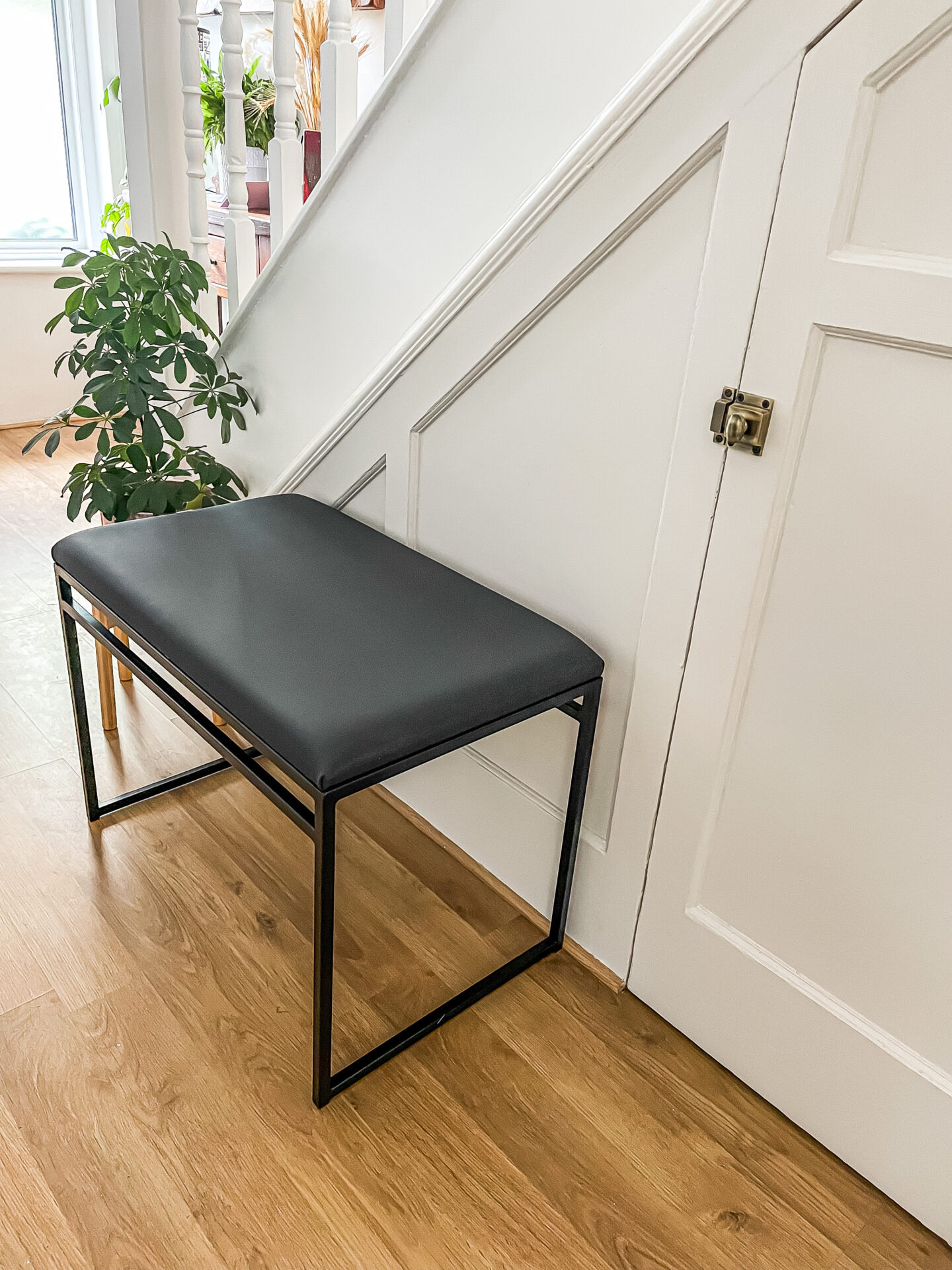
One of the first things we had to do when we moved in was replace our mains electric fuse board. Let me tell you how non-fun it is to spend a lot of renovation money on something you don’t even look at! But electricity is a fundamental aspect of modern living, and it powers most of our daily activities.
It’s essential as a homeowner to understand the basics of your home’s electrical system to avoid potential hazards and ensure that it operates efficiently.
Here are some need to know fundamentals about your home’s electrical system, including the essential components like the switchgear and how to maintain it.
What Is An Electrical System?
An electrical system is a complex network of various components working together to ensure the delivery of electricity from its source to your residential property.
The journey of electrical power begins at a power plant, where the energy is generated. Once produced, this electric energy travels across extensive distances, propelled by high-voltage power lines, to reach its intended destination – our homes.
To ensure the safety of homes and the people living in them, the electricity that enters residential areas undergoes an essential transformation. This occurs within a device known as a transformer. The voltage of the electricity is significantly reduced within this device, thereby rendering it safe and suitable for use in households.
Components Of An Electrical System
Your home’s electrical system comprises several essential components: the service entrance panel, the main breaker panel, switchgear, and circuit breakers.
The service entrance panel serves as the initial point of entry for electricity into your home. It typically incorporates a metre to measure your electricity consumption.
Located in a garage or basement, the main breaker panel facilitates the distribution of electricity to various circuits throughout your home.
Switchgear plays a crucial role in safeguarding your electrical system from overloads, short circuits, and other electrical faults. While commonly utilised in commercial and industrial settings, it can also be present in homes with more intricate electrical setups.
When there is an overload or fault, circuit breakers serve as safety mechanisms that automatically disconnect the power supply to a circuit. By detecting excessive current, they promptly trip the breaker to prevent harm to your electrical system and appliances.
Understanding Switchgear
Switchgear plays a vital role in safeguarding your electrical system and ensuring the protection of your home against electrical malfunctions.
Its primary function involves the isolation of electrical circuits and the regulation of electricity flow.
Switchgear typically consists of a combination of circuit breakers, fuses, and disconnect switches, and it is categorised into various types based on their design and purpose.
Residential environments commonly use low-voltage switchgear, which is specifically designed to handle lower voltage levels.
On the other hand, high-voltage switchgear is employed in commercial and industrial settings to manage higher voltage requirements.
Additionally, there exist different switchgear options such as air-insulated switchgear, gas-insulated switchgear, and hybrid switchgear.
Ants And Electrical Maintenance
While comprehending and maintaining your home’s electrical system is crucial, it’s equally vital to be aware of potential pest issues, including the presence of various kinds of ants. Different ant species can have diverse behaviors that might impact your electrical system. Some kinds of ants are drawn to electrical wiring, as they are attracted to the electromagnetic fields generated by current flow. This behavior can result in ants damaging your wiring insulation, which may pose a fire hazard.
Determining ant species and their tendencies can help you take preventive measures, such as sealing entry points and employing bait stations, to protect your electrical system and ensure your home remains safe and functional. So, understanding the kinds of ants in your area is vital to maintaining your home’s electrical infrastructure.
Maintaining Your Electrical System
Taking care of your home’s electrical system is crucial to guarantee its safety and efficient performance.
One indication that your electrical system might require attention is the occurrence of frequent power outages or sudden surges.
Furthermore, it’s vital to be alert for any worn-out or damaged wires, outlets that spark, or any other signs hinting at electrical issues.
Always prioritise electrical safety, irrespective of the circumstances. Steer clear of using electrical appliances near water or in damp conditions, and consistently employ properly grounded outlets.
Regular maintenance such as cleaning and securing electrical connections, testing outlets, and inspecting wiring can proactively prevent electrical problems and ensure the smooth operation of your electrical system.
Should you encounter any electrical difficulties or suspect an issue in your electrical system, it is imperative to seek assistance from a professional electrician. Attempting to solve electrical problems on your own can be hazardous and potentially result in injury or damage to your electrical system.
Understanding your home’s electrical system is crucial in ensuring it is safe and efficient. By following safety guidelines and getting help from a licenced electrician when necessary, you can ensure that your home’s electrical system remains in good condition.
Post in collaboration.